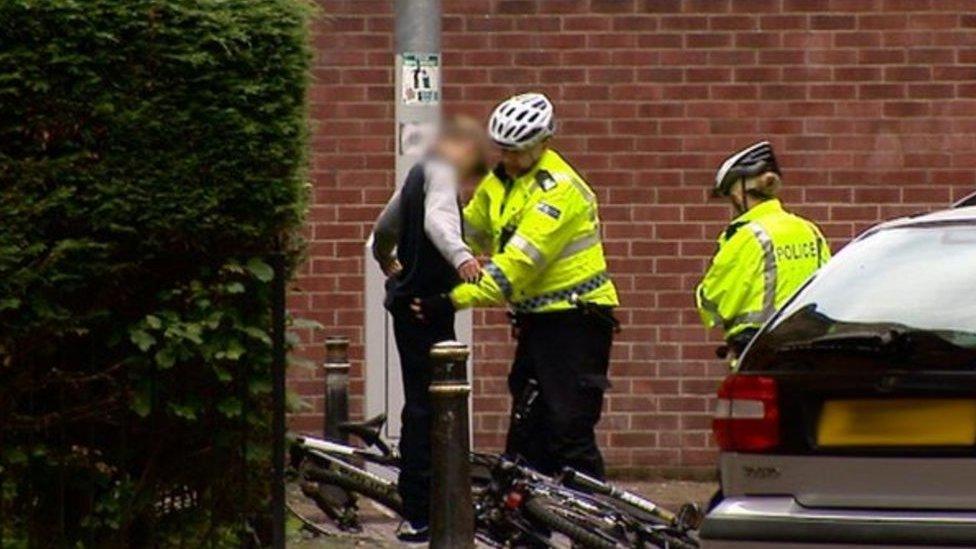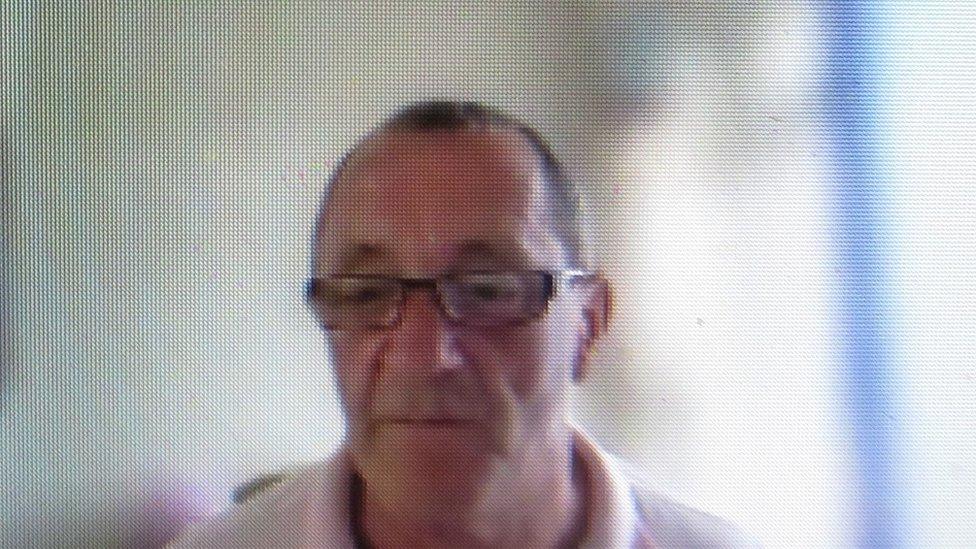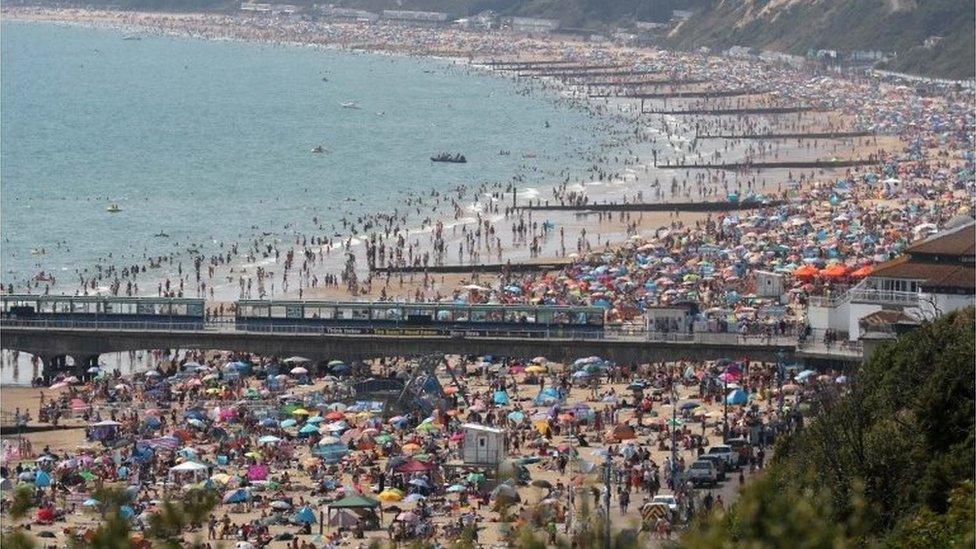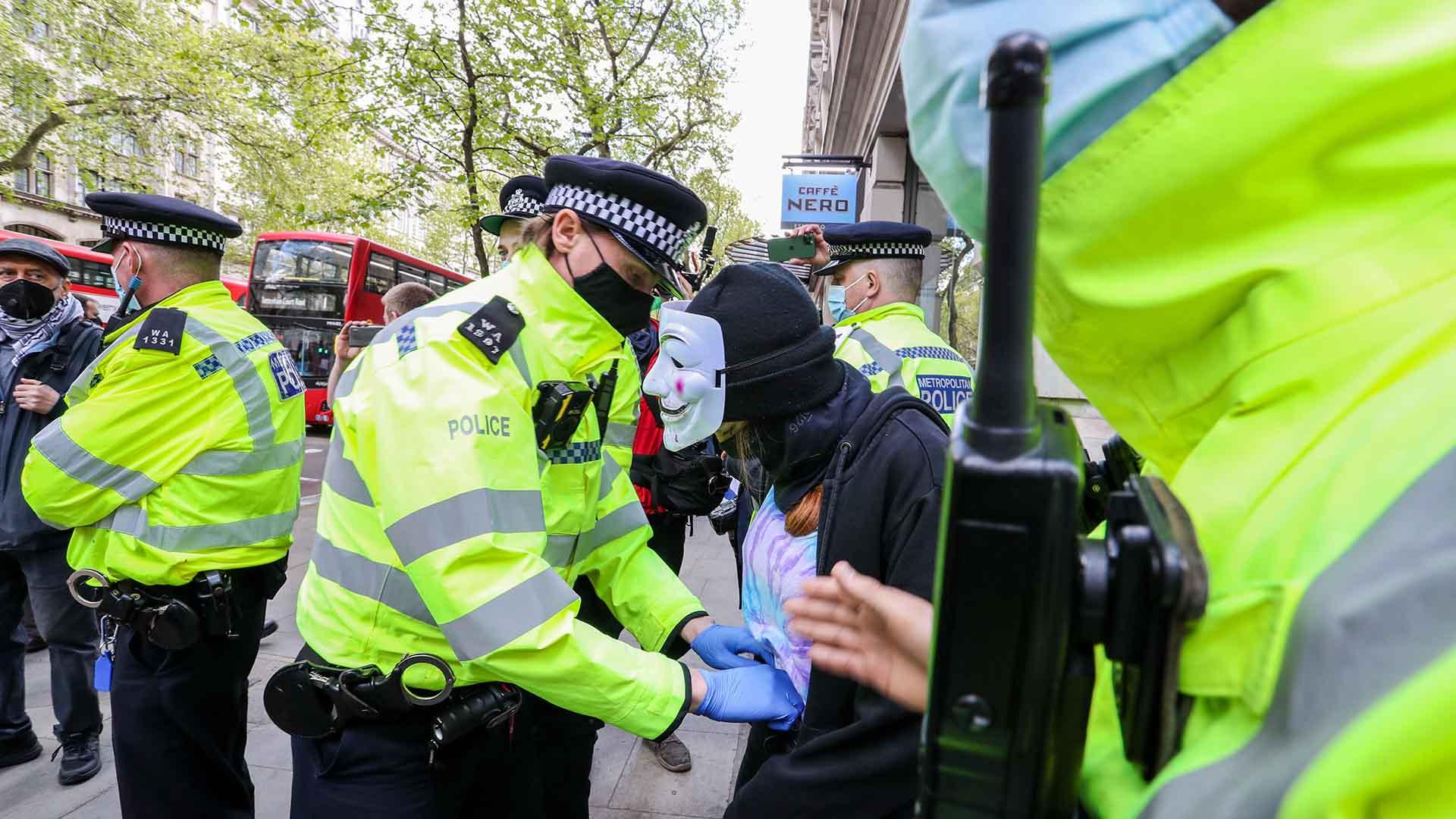Dorset Police: Black people '25 times more likely' to be stopped
- Published

The police and crime commissioner said the force had "spent too many years trying to defend its statistics"
Black people are 25 times more likely to be stopped and searched than white people in Dorset, a report has found.
Dorset's police and crime commissioner, Martyn Underhill, said the figures had been the "Achilles' heel" for the county for some time.
He said the force had "spent too many years trying to defend its statistics, rather than questioning its tactics".
It comes as a councillor apologised after he said "certain races" were more likely to commit crimes in the county.
Mr Underhill, an independent, said he had been frustrated trying to get Dorset Police to tackle stop and search.
But he said progress was being made and the figures were declining, according to the Local Democracy Reporting Service.
He told a police and crime panel meeting on Thursday, the force needed to "break the cycle" regarding the disproportionate figures.

Bill Pipe apologised for his "ill-informed" comments made at the meeting
During the virtual meeting, Bill Pipe, who sits on Dorset Council, said: "If a particular race or colour is likely to commit specific crimes and we don't stop and search them and they carry out these crimes then I think we are doing wrong.
"Certain races are more likely in Dorset to commit these crimes and I'm not a racist in any way," he said.
He later apologised for his "ill-informed" comments and said he was "deeply sorry and ashamed".
Mr Underhill and other councillors attending the meeting distanced themselves from the Conservative councillor's claims.
Bournemouth, Christchurch and Poole councillor Bobbie Dove, also Conservative, interrupted him to say there was no evidence to support them.
Nationally, black people are eight times more likely to be stopped and searched than white people.
Dorset's figures for other ethnic minorities, from the 12 months ending on 31 March 2019, is "far lower" and in line with national averages.
Nathalie Sherring, of the Dorset Race Equality Council, said she was "very shocked and disappointed" the comment was made in a public meeting and called on Mr Pipe to take up training on discrimination and unconscious bias.
"It feels like a step backward. Despite policies being in place and people saying they are more aware nowadays, there are still lots of issues to be sorted and a lot more effort to be made to embed the equality and diversity for all.
"The issues are as important for Dorset as they are for London or Birmingham," she said.
- Published27 August 2020

- Published30 October 2023
